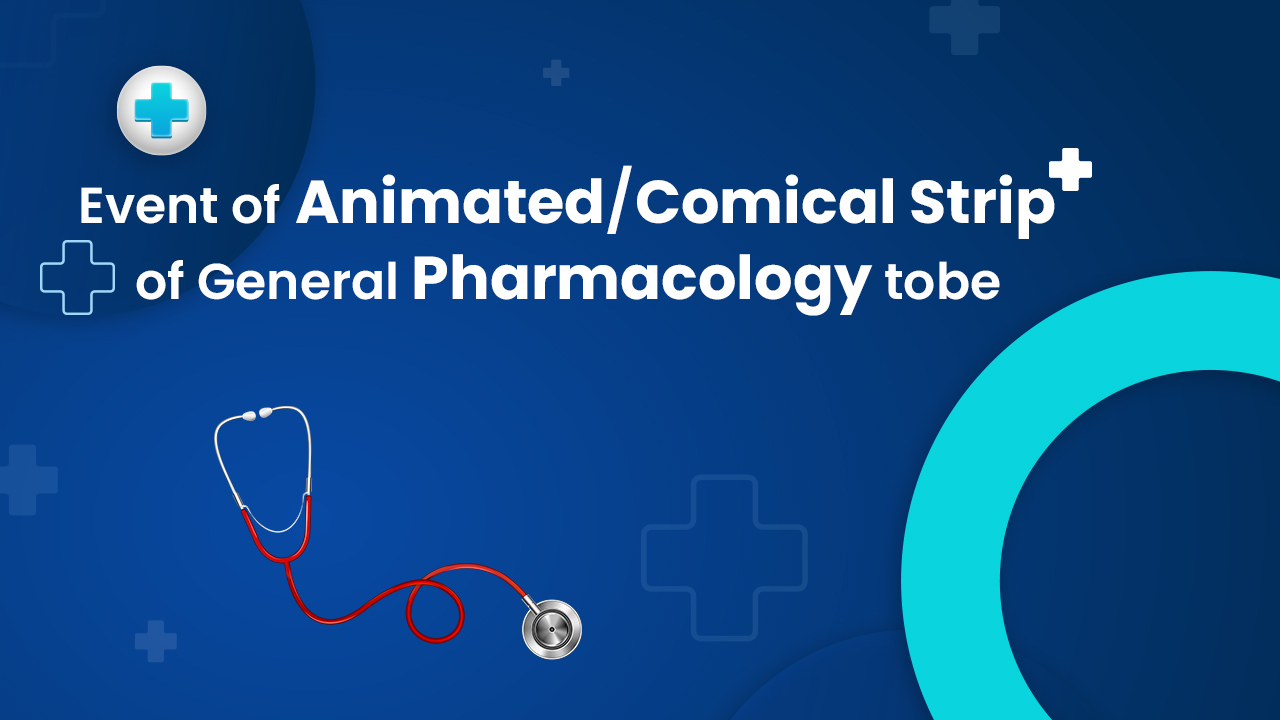TMU Students Analyse the Effect of Animated Learning in Pharmacology
In a novel approach to pharmacology education, Teerthanker Mahaveer University, one of the top private universities in India, recently organised an event titled Concept of General Pharmacology (Animated/Comical Strip) under the banner of the Indian Society for Rational Pharmacotherapeutics (ISRPT). This event aimed to explore innovative methods of teaching and learning pharmacology, integrating animation and humour to enhance student comprehension and engagement. The event was hosted by the Department of Pharmacology (TMMC&RC).
Incorporating Technology in Medical Education
The event was a part of TMU's initiative to introduce Self-Directed Learning (SDL) into its curriculum, aligning with modern educational paradigms. Students of the Batch 2021 (CBME Batch) were tasked with creating animated or comical strips to elucidate concepts learned in General Pharmacology.
The Role of Animated/Comical Learning
Animated and comical learning materials have gained traction for their ability to simplify complex topics, making them more accessible and memorable. By infusing technology and humour into medical education, TMU aimed to foster deeper understanding and retention among its students. The utilisation of animated and comical learning materials not only facilitates technological integration into the medical field but also enhances students' cognitive processes and conceptual understanding. By catering to diverse learning styles, such approaches promote inclusivity and engagement in pharmacology education.
Student Participation and Evaluation
All participating students successfully completed their assignments within the given timeframe. Faculty members from the Department of Pharmacology at TMU evaluated the submissions based on criteria such as concept clarity, content quality, and understanding of the topic.
Out of the submissions, 26 students were shortlisted for the Final Round, where they presented their concepts in 2-3 minute animated or comical strips. Judges, comprising both faculty members and peers, assessed each presentation meticulously.
Recognition and Acknowledgement
After the event, certificates of participation were awarded to all students. Siddharth Choudhary, Prashant Jain, and Dakshata Jain emerged as the second runner-up, first runner-up, and winner respectively, showcasing their exceptional creativity and understanding of pharmacology concepts.
Professor (Dr.) Prithpal Singh Matreja, Head of the Department of Pharmacology at TMU, expressed gratitude to the judges and participants for their invaluable contributions. He highlighted the significance of incorporating innovative teaching methods to enrich medical education.
Significance of the Event
The event at Teerthanker Mahaveer University exemplified a progressive approach to medical education, leveraging animation and humour to augment learning outcomes in pharmacology. By embracing innovative teaching methodologies, TMU is paving the way for a more dynamic and effective educational experience for future healthcare professionals.
FAQs (Frequently Asked Questions)
1. How did the concept of animated and comical learning emerge in pharmacology education?
Ans. The concept emerged as a response to the need for innovative teaching methods to enhance student engagement and understanding of pharmacology.
2. What criteria were used to evaluate the student presentations?
Ans. The presentations were evaluated based on concept clarity, content quality, and understanding of the topic by faculty members from the Department of Pharmacology.
3. What benefits do animated and comical learning materials offer in medical education?
Ans. These materials simplify complex topics, making them more accessible and memorable, thus promoting deeper understanding and retention among students.
4. How can we get updates on upcoming events?
Ans. To get updates on upcoming events, follow TMU blogs and social media channels for more information.











